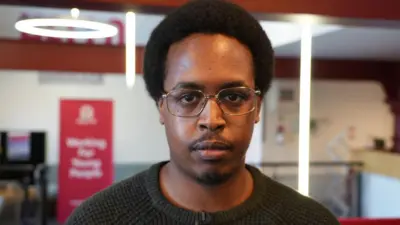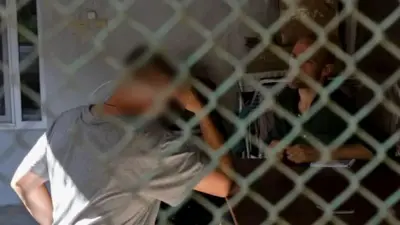We've updated our Privacy and Cookies Policy
We've made some important changes to our Privacy and Cookies Policy and we want you to know what this means for you and your data.
Bloody Sunday soldiers will have legal fees paid by MoD
Soldiers arrested in connection with the events of Bloody Sunday will have their legal fees paid by the Ministry of Defence.
The information emerged after an emergency question in the House of Commons on the arrest of a former member of the Parachute Regiment on duty in Londonderry in January 1972.
As part of the ongoing investigation by the PSNI into the events surrounding Bloody Sunday, a former soldier, soldier J, was
He was subsequently released on bail.
Independent MP for North Down, Lady Sylvia Hermon, asked if the Ministry of Defence will pay for his and other soldiers' legal costs.
She said: "That's the legal advice and legal representation - top legal representation - of any former soldiers who served in Northern Ireland and who are charged in connection with any inquiry, Bloody Sunday or indeed inquests such as those announced for Ballymurphy."
Confirming that legal fees will be paid, Parliamentary Under Secretary of State at the Northern Ireland Office, Ben Wallace, said that the Ministry of Defence recognises it has a duty of care to all current and former members of the armed forces.
He said: "As an essential part of that, we will pay for independent legal advice, so that they are able to defend themselves when they face legal proceedings on matters related to their former service."
A Conservative former defence minister raised concerns over the arrest of the soldier, branding it "wrong".
Sir Gerald Howarth spoke about the events of Bloody Sunday, saying: "These soldiers of the Crown were not hired killers, they were seeking to do their duty to their country in a filthy civil war where the enemy was dressed in civilian clothes indistinguishable from the local population."
Mr Wallace said that criminal investigations and prosecutions were a matter for the police and prosecuting authorities who are "independent and act independently of government".
He said: "The government cannot therefore comment on an individual case. This government is committed to the rule of law. Where there is evidence of wrongdoing it is right that it should be investigated."
Sir Gerald said that 43 years after the events and three years after the PSNI first started their further investigations, Soldier J, who was in his early 20s, but is now in his late 60s "is faced with possible prosecution for murder with a prospect of further arrests to follow".
He said: "For two reasons I submit that this is wrong. First, what national interest is served in bringing these cases to court?
"The Saville inquiry found there was no premeditation to murder in the minds of those young soldiers.
"I submit that it is immoral for the state to seek nearly half a century after the event to put these men on trial, whilst others who deployed their bombs and bullets in the shadows are now in government or have received royal pardons - an act of government, not of the courts.
"I urge my honourable friend to exercise the royal prerogative or mercy with immediate effect."
Clarification 9 April 2019: This article was amended to remove a reference to the death of John Johnston. This reflects the Bloody Sunday Inquiry's finding about Mr Johnston's death several months after he was wounded in Derry on 30 January 1972. The inquiry report states that his death was "not the result of any of the wounds he sustained on Bloody Sunday".
Top Stories
More to explore
Most read
Content is not available








